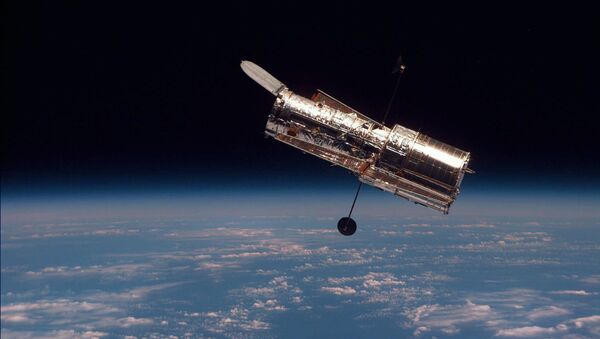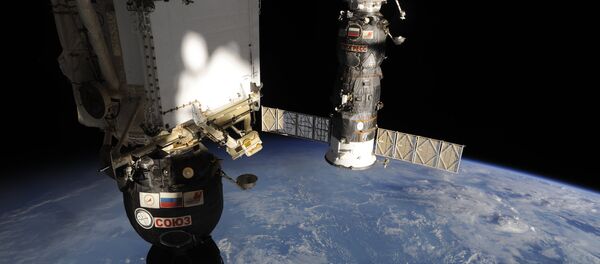The statement projects that within ten years of orbital observations, the telescope will be able to capture about 40 percent of known space, providing data that help China to "make breakthrough developments on the origin, development, and evolution of the universe".
The telescope will be able to dock with the Chinese Tiangong space station (presumably, Tiangong-3, given its modular design) in the event of maintenance or malfunction, allowing astronauts to perform repairs. NASA currently must launch a special mission to Hubble if maintenance is required. Using a space station as a maintenance dock for orbital telescopes is a first for China, and the world.
No launch date for the telescope has been named, but it is thought that it will occur after 2020, around the time that the Tiangong-3 space station will be placed into orbit.
The space telescope's imaging technology would make it capable of identifying exoplanets and possibly identifying dark matter and dark energy, according to Popular Mechanics.





